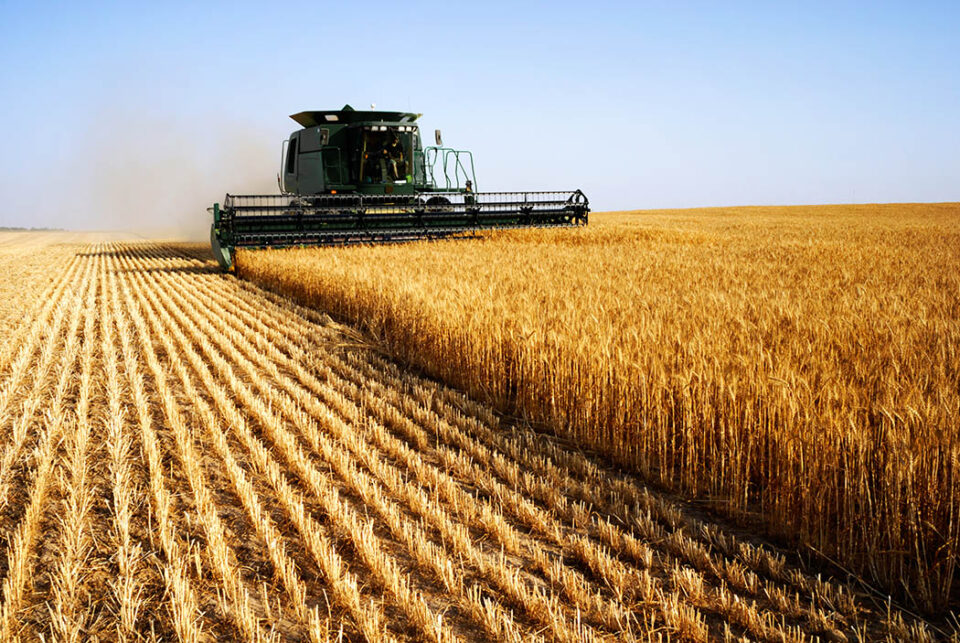High input costs and adverse weather conditions pose significant threats to wheat-producing farmers and Namibia’s agricultural sector, which has witnessed a 50% decline in production output. The Namibia Agronomic Board (NAB) highlighted this concerning trend, noting that many wheat farmers across the country have been compelled to downsize or cease operations due to escalating input expenses.
Foremost among the challenges facing Namibia’s wheat farmers are the exorbitant electricity costs at irrigation schemes and worsening weather patterns attributed to climate change. Gilbert Mulonda, NAB’s general manager for agronomy and horticulture market development, emphasized the importance of ongoing research and trials on various wheat varieties to identify those best suited to local climate conditions. Collaborative efforts with institutions like Unam and engagement with stakeholders aim to address issues such as high electricity costs and inadequate storage facilities.
Wheat, primarily a winter crop in Namibia, relies on irrigation systems for cultivation, with major production areas including the Hardap Irrigation Scheme in Mariental and government-run projects along the Okavango River. Despite being the second most consumed staple food after maize, wheat production in Namibia remains relatively low, necessitating significant imports, which present an opportunity for increased local production. The NAB’s grain marketing scheme ensures local producers a guaranteed market, supported by agreements with processors to purchase locally grown wheat at fair prices.
To encourage value addition and reduce dependency on imports, Namibia restricts the import of wheat flour, promoting the importation of raw materials and specialized flour only. However, climate variability remains a persistent challenge globally, underscoring the importance of continuous research to identify wheat varieties resilient to Namibia’s climate.
Unlocking Namibia’s wheat production potential requires strategies to reduce input costs and improve access to affordable financing for farmers. Collective advocacy efforts within the crop industry are essential to secure reliable financing and enhance competitiveness in wheat production costs.


